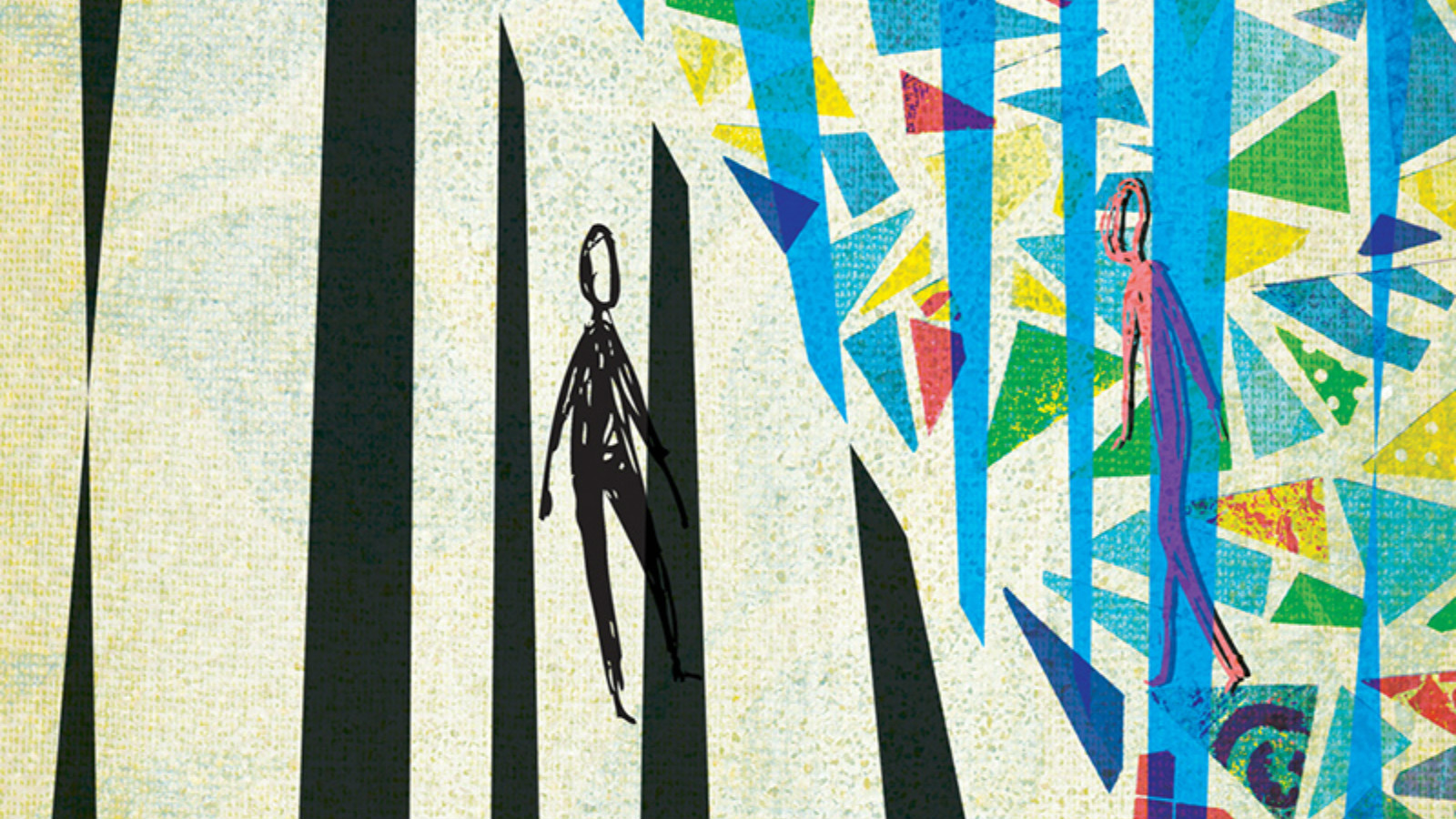
"And he shall call tamei, tamei..." (Leviticus 13:45, Parshat Tazria)
The Jewish people have a long history of celebrating the holiness of everyday life. Those celebrations are set out in the Torah, and they follow a definite cycle. It's three times a day every weekday and four times on Shabbat. Add in new moons and holidays (like Pesach, next week) and you have a life of paying attention to the divine in the mundane.
In ancient times, my ancestors celebrated by offering sacrifices in the Temple. Now, prayer services replace those sacrifices, one to one, which shows how crucial the rabbis who created our form of Judaism thought it was to establish continuity with the Temple practices. The rhythm of prayer echoes the rhythm of the offerings that used to form the center of Jewish life.
Those offerings were a really big deal to the entire Jewish people, and so if anyone was not in the ritual condition that allowed them to enter the Temple (tahor), that was a big deal, tool. When a person became ritually impure (tamei), that disrupted their calendar. It put them outside of the normal holy condition, or prevented them from participation in channeling holiness into the world, depending on how you look at it.
But at certain times in the life cycle, that rhythm of weekday, Shabbat, new moon, holidays, year in and year out, must be disrupted. There will be times when, instead of being in the midst of life, you are on the threshold between life and something else.
When you've given birth.
When you've come into contact with a corpse.
When you've become ill with a condition that makes you look like a corpse yourself (tzara'at, the subject of a large portion of Parshat Tazria and the one after it, Metzora, with which it is combined in most years' Torah readings).
All of those experiences cannot be anything but overwhelming, to those who observe them and especially for the people going through them at the time. You cannot pay attention to the regular requirements of life in those liminal moments. They take a person out of being tahor and into being tamei.
It is right and proper to acknowledge the power of those moments between life and death. It only makes sense to excuse, and perhaps to forbid, people from trying to channel everyday holiness when they are in a peak moment of a different kind of holiness. But being tamei, while it is necessary, alienates people from their normal lives, their normal selves, and their community. It cannot be allowed to become permanent.
Parshat Tazria is all about the need for people to be rejoined to their community and to the supremely important practice of holiness in everyday life. In the 21st century, the how-to's are very different from back in Torah and Temple days, but the need is exactly the same.
So, we can respond to this week's Torah portion by studying the medical handbook it provides to the cohanim (priests), or by reading the midrash in which later rabbis used tzara'at as the springboard for a discussion on the importance of not slandering other people. We can reread "And he shall call tamei, tamei..." as a Talmudic source suggests:
One commentator reads, "The impure shall call out, 'Impure!'" That is,
people tend to project their own failings onto others. A corrupt person
sees corruption all around [BT Kid. 70a]. (Etz Hayim, p. 657)
But we can also respond more directly, in terms that make sense for today. When people we know are overwhelmed--with pregnancy, childbirth, medical conditions, or mourning, but also with social stigma that tells them they are not in a condition to be part of the community--when their whole beings are crying out, "I'm isolated, I'm hurting, I'm alone"...we can hear them. And we can respond.